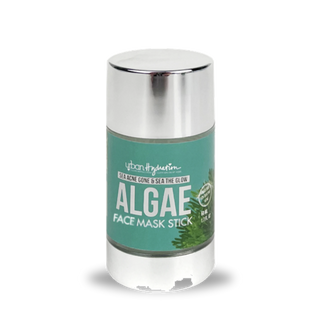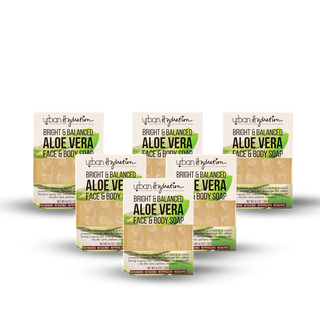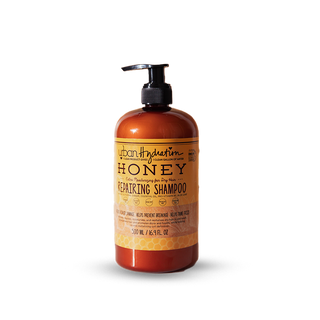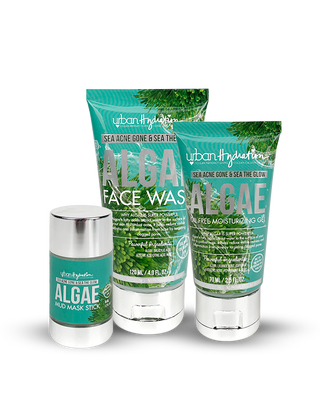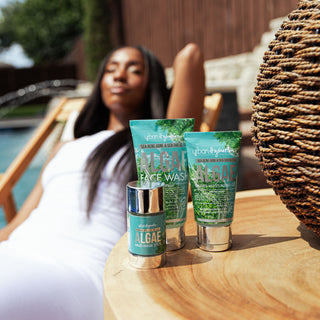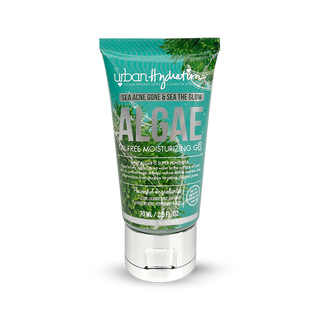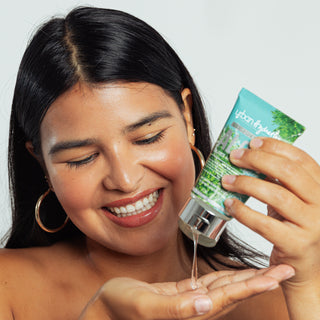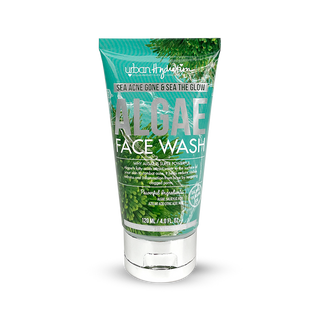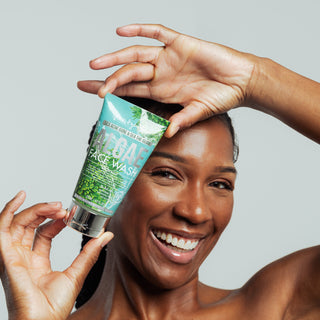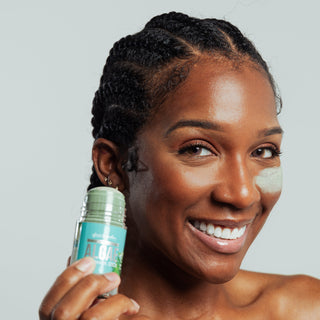-

- Categories
- New Arrivals
- Skincare
- Haircare
- Collections
- Bundles & Kits
- Seasonal Favorites
- Kids
- Sale
-
Shop By Collection
GET CONNECTED
Use this text to share announcements or information with your customers.
Regional settings
We've sent you an email with a link to update your password.
Login
Reset your password
We will send you an email to reset your password.
By completing this form, you are signing up to receive our emails and can unsubscribe at any time.



